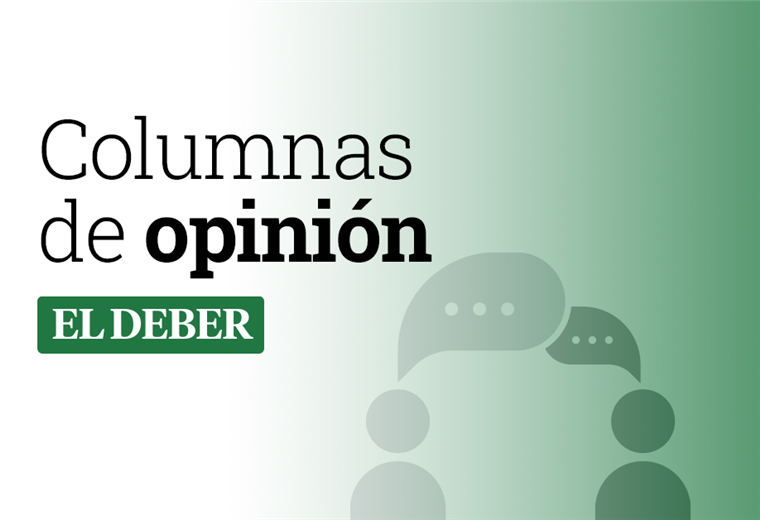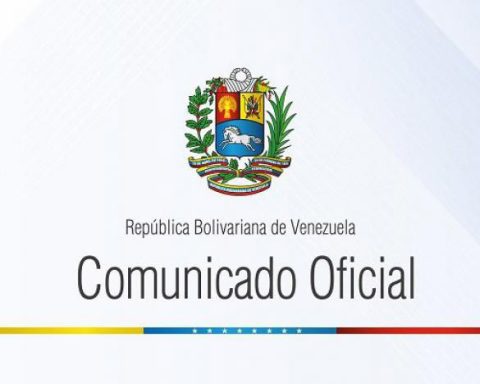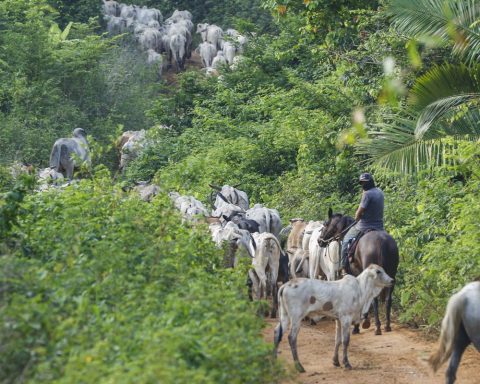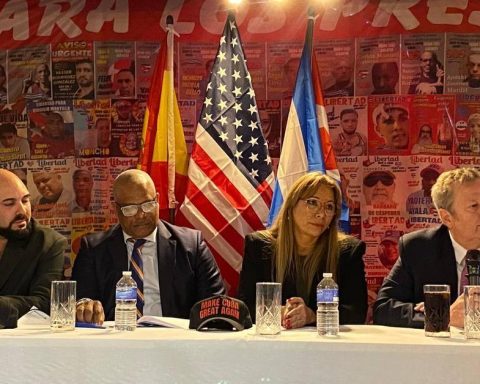September 15, 2024, 4:01 AM
September 15, 2024, 4:01 AM
The elections for High Judicial Authorities called for next December 1st will be held again blindly. An election in a democratic process means choosing in an informed and free manner. However, the current regulations and the previous ones for the Dissemination of Merits contradict these principles.
The Political Constitution of the State guarantees the right to communication and information for all people (Articles 106 to 109). In this case, the information is limited only to knowing the studies and experience of the candidates, but it omits what is really important: knowing their proposals to improve the management of justice in each court in which the candidates already preselected by the Plurinational Assembly are presented.
The judicial elections established by the Constitution and by Law 026 were surely intended to be aseptic, that is, that citizens have the ability to choose the best candidates, taking into account the “merits”, which are academic and experience in similar positions. However, the two previous versions, 2011 and 2017, demonstrated the opposite. The majority of citizens expressed their rejection of the candidates preselected by the Legislature, making citizen campaigns and opting in their great majority for the null vote. The null vote was not accidental, but the product of a campaign carried out by platforms to achieve this result. The same ones that campaigned for the No, in the Constitutional Referendum 2016. This vote was intentional. For the agro-environmental court, 51.34% of null votes, for the Council of the Judiciary 51.31% of null votes. Blank votes could be due to indecision, but spoiled votes imply a rejection of all candidates, including the judicial elections.
The current judges whose terms of office have already expired were elected by minority percentages of votes. The voting in the judicial elections in 2011 and 2017 guaranteed the position, to those who were accredited by simple majority and regardless of the number of votes. In fact, a voting system was imposed to ratify candidates already preselected and unknown by the population, although the null and blank vote won.
The reason for the failure of the two previous versions was the impossibility of knowing the positions of the candidates regarding what they will do to improve the judicial system and the management of the courts for which they are running. It makes no sense to call an election and restrict information. Giving a position regarding the judicial power and specifically regarding the court for which they are running, even representing a department, in the Constitutional and Supreme Courts of Justice, means a commitment to the population that is obliged to vote.
Understanding the reasons that led to such harsh regulations on the promotion of candidates, the prohibition of campaigning refers to the fact that they are not political party candidates, therefore, they should be elected based on their merits. However, this stage of merits and examinations has already been carried out by the Plurinational Legislative Assembly. Therefore, it is not enough for citizens to know the resumes, studies, work, but above all the proposals regarding how to improve justice from the position for which they are elected.
Law 026, art. 82, prohibits: “e) Accessing interviews through any media related to the position for which they are applying.” That is, they cannot give their opinion regarding the judicial system or the courts for which they are applying, and they may only speak in spaces paid for by the TSE, about their studies and work experience.
The regulations, including the current one for the 2024 Judicial Elections, maintain this approach under sanctions of disqualification for candidates and the media are prohibited from: “II c. Generating spaces for opinion and any kind about the candidates. D) Giving spaces for opinion, conduction or participation in programs to any candidate.” Articles 83 and 84 also include disqualifications for candidates and sanctions for the media.
This legislation is not only unconstitutional, but also outdated (it has a vision of a media system to be disabled, which has now changed) and unenforceable, because it would be impossible to prosecute groups and individuals who create messages and interact in a networked communication system.
Another issue would be to analyze whether or not the voting system is adequate to elect this type of authorities. But in the current situation, with judicial elections called after almost two years without consensus, and with the obligation to finish the mandate of the current magistrates, thus recovering institutionality, it is important to guarantee free elections and an informed vote.
A complement to the regulations, allowing the work of journalists regarding the investigation of the background and actions of the candidates for judges, as well as the registration of their positions regarding the position they would occupy if elected, is necessary so that the voters really choose and do not vote blindly or by order. These notes await the follow-up of an urgent dialogue between the journalists’ associations and the TSE. We still have time to achieve an informed vote by the citizens. It is not enough to list the merits, it is necessary to understand the proposals and positions of the candidates regarding how justice will be improved.

















